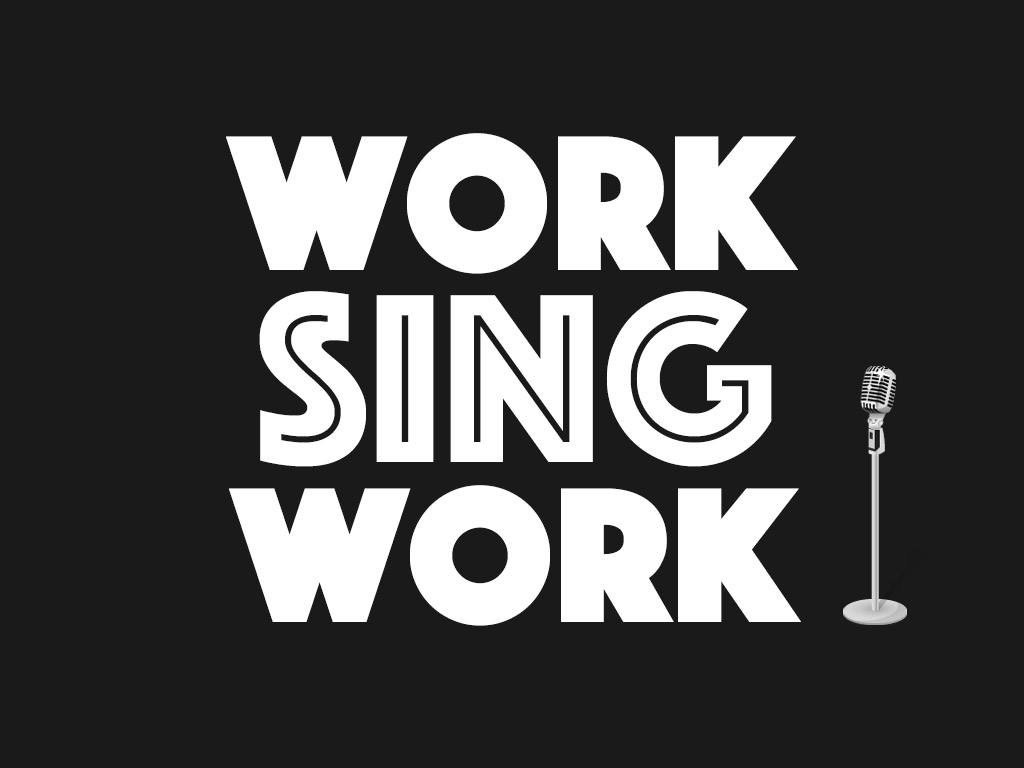You can't play an infinite game with a finite mindset. You can't be Number 1. You can't be the best or beat the competition. There is no such thing as winning art. There is is only ahead and behind. "The goal is not to win; the goal is to keep playing."
To play with an infinite mindset you need:
1. A just cause.
You need a reason to exist or a reason to want to keep doing what you're doing. Have we talked about the fact that "loving singing" is not enough? What do you love about it? Is it the community? Is it the praise (be honest)? There are many good things that singing can do for us, but if your goal is to monetize it-- to make it your career, you really have to be sure that your mission statement is really strong. Why are you in it?
2. Trusting teams.
If you aren't surrounded by people who you trust and people who trust you as a creator, you are forced to lie hide and fake every day. It does you know good to pretend to be the person others want you to be. You can't be afraid of "getting in trouble." You can't be afraid of doing it wrong. This is particularly challenging for Classical singers because you have hundreds of years of tradition staring you in the face. Would Mozart want you to scoop up to that high note? Is that portamento appropriate in French repertoire? Having a trusting team means that we will help you to get the consistent product that allows you to express yourself with your voice. But we also have to let you know when your desire to be creative has overstepped what is considered appropriate in a HIGHLY traditional field.
3. A worthy rival
You need another artist who you look up to. Someone whose strengths help you to strive towards improving your weaknesses and whose existence pushes you to become the best version of yourself. For undergrads this is often an upper classman or a grad students. In life, this can be other artists whose careers are more advanced than your own. How did they get there?
4. A flexible playbook.
You have to be able to change course if things aren't going your way. Sometimes a short term loss equals a long-term gain. An example that MANY of you have faced: Do you go to the elite grad school if it means taking out X amount of dollars to do so. Sometimes the answer is yes, and the flexibility comes in managing unexpected debt. And sometimes the answer is no and the flexibility comes from staying motivated outside of an academic institution
5. The courage to lead
You will have to stand up to outside pressure-- peers, directors, teachers, casting agents, especially if they are pushing you to do what's expedient instead of what's right. You have to prioritize your long term vocal health, and you have to be the kind of person who has your colleagues' backs. One simple act is enough for people to trust you forever. You become a colleague the moment you decide to be a colleague-- the moment that you treat every experience as an opportunity to create and collaborate on a high level. I will never forget the people that I trust with my life and my career, those people who have proved themselves to be reliable on the stage and of great personal integrity. Those are the people that I advocate for. When people write looking for a baritone or a soprano I have a short-list of people who I KNOW will be impeccable-- and that list is increasingly comprised of former students-- sometimes students who were not my own (Constantine, Mark Hosseini.... YUP! I'm calling you by name! :)
Be the colleague that you want to have, and be that colleague as soon as you can. It's a small world
These five points are part of a book by Simon Santek called The Infinite Game Portfolio, 2019. Go buy and read the book if it has piqued your interest

Comments
Post a Comment